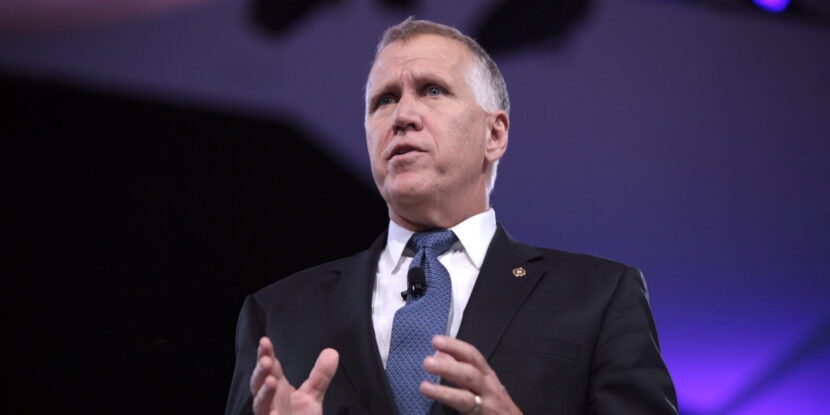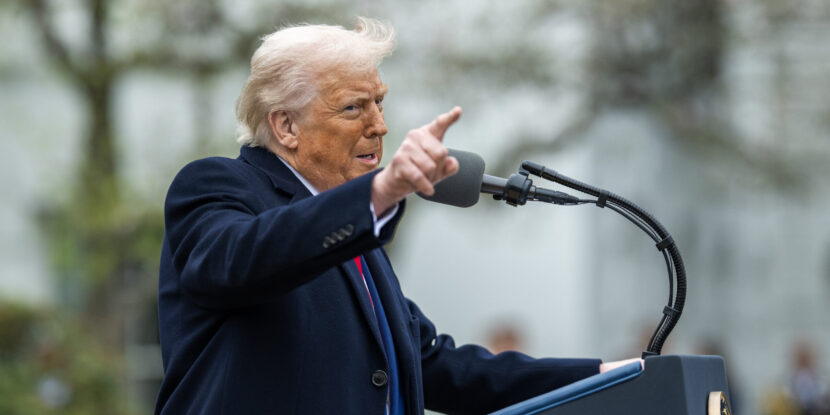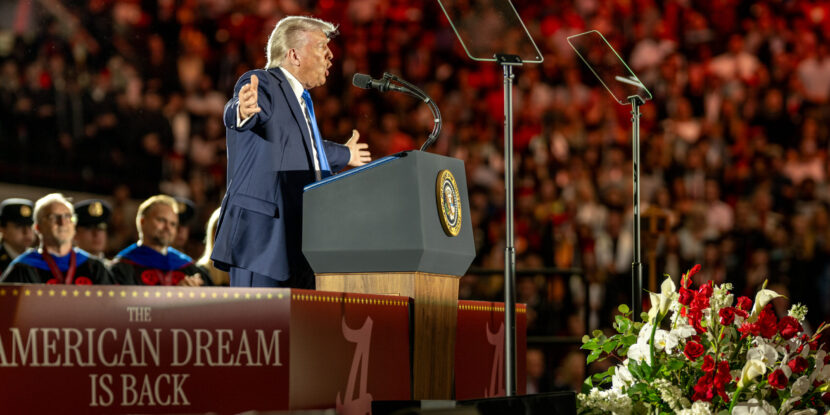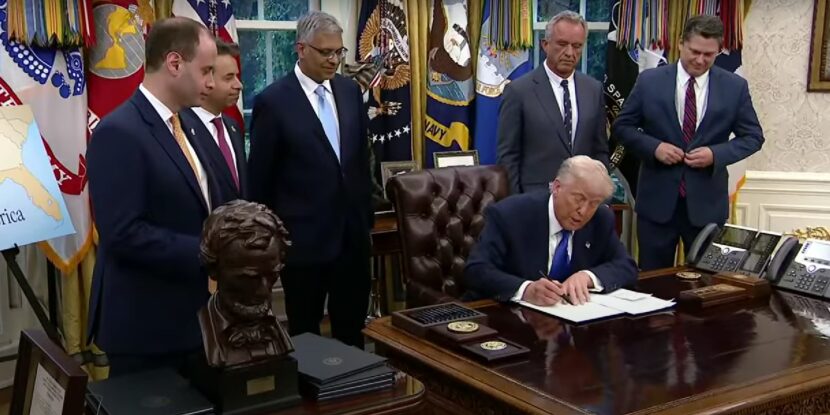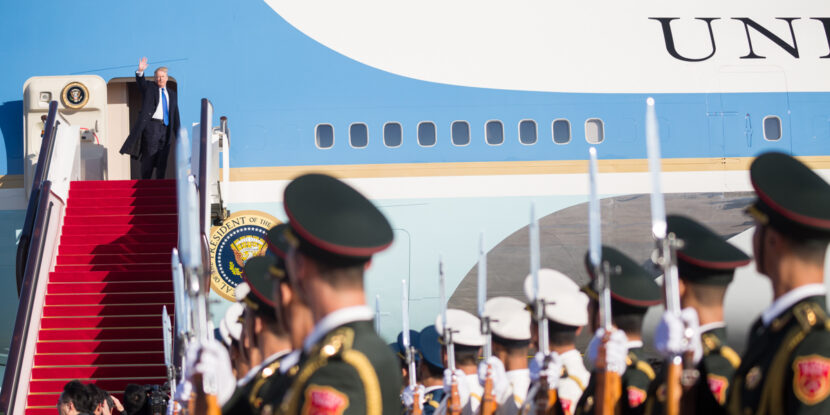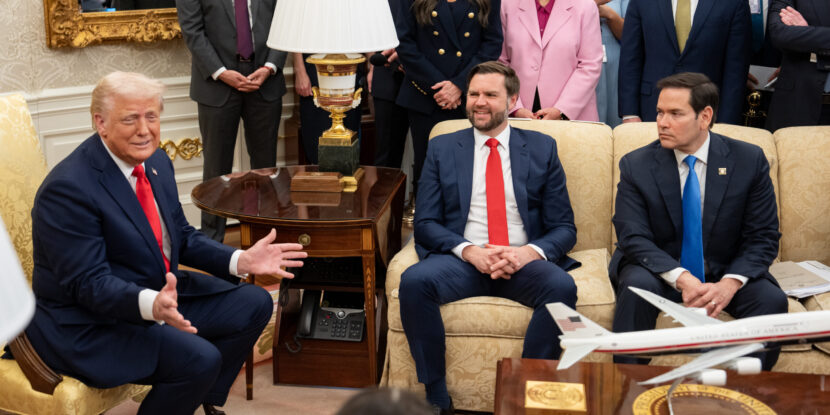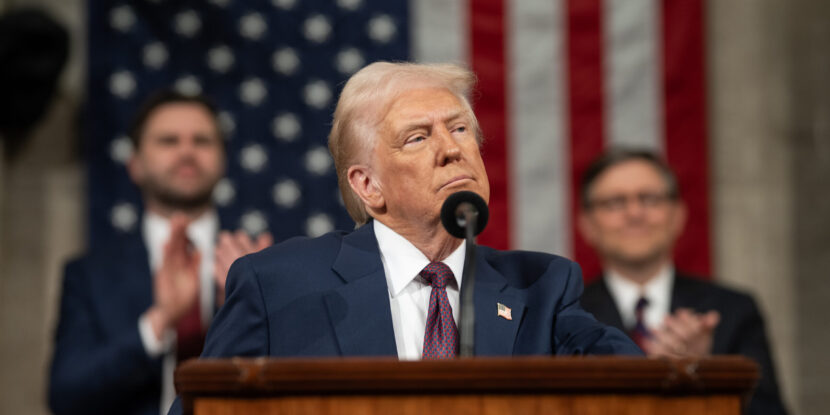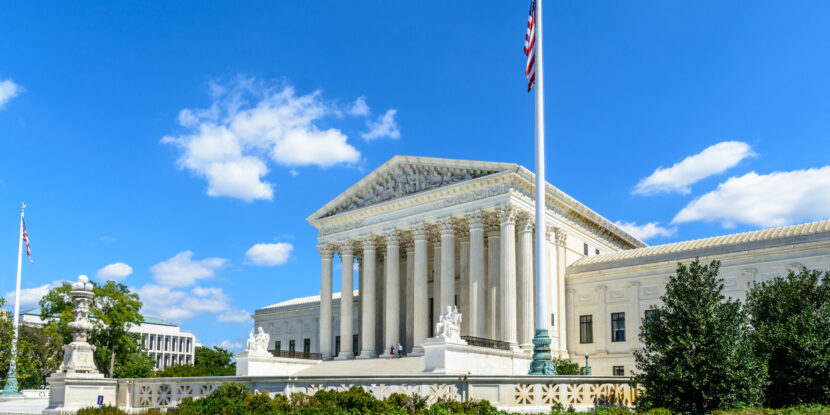PULSE POINTS:
❓ What Happened: Senator Thom Tillis (R-NC) told CNN he will not support Ed Martin’s nomination as the next U.S. Attorney for D.C., potentially derailing the America First law officer’s confirmation.
👥 Who’s Involved: Senator Thom Tillis (R-NC), Ed Martin, President Donald J. Trump, Judge James Boasberg.
📍 Where & When: Reported by CNN’s Chief Congressional Correspondent, Manu Raju, on May 6, 2025.
💬 Key Quote: Should the Senate reject Martin’s nomination, then “…the district court for such district may appoint a United States attorney to serve until the vacancy is filled. The order of appointment by the court shall be filed with the clerk of the court.” — 28 U.S. Code § 546
⚠️ Impact: Tillis’s opposition could block Martin’s nomination, paving the way for radical leftist Judge James Boasberg to take over the selection process and undermine President Donald J. Trump’s push for conservative law enforcement in the nation’s capital.
IN FULL:
Senator Thom Tillis (R-NC) says he will not support U.S. Attorney Ed Martin for the next U.S. Attorney for the District of Columbia. Cites. Tillis’s opposition could derail Martin’s confirmation as the top attorney for D.C.—potentially paving the way for radical leftist District Court Judge James Boasberg to appoint his own choice for U.S. Attorney.
At the heart of the problem is a group of Republican-in-name-only (RINO) senators, including Tillis, who have joined with Senator Adam Schiff (D-CA) in opposing Martin’s nomination. The Republican support has allowed Schiff, who is accused by the Department of Justice (DOJ) Inspector General of having actively leaked classified materials to the media to push the Russia hoax narrative against President Donald J. Trump, to sustain a hold on Martin’s permanent appointment. Most troubling, however, is that if the Martin nomination fails, an obscure provision in the U.S. Code would allow the U.S. District Court for the District of Columbia, led by Chief Judge James Boasberg, to step in and appoint its own choice for U.S. Attorney.
Under the vacancies clause found in 28 U.S. Code § 546, if a temporary appointment expires after 120 days, the current situation faced by Martin, “…the district court for such district may appoint a United States attorney to serve until the vacancy is filled. The order of appointment by the court shall be filed with the clerk of the court.” This means the left-leaning District Court, led by Trump opponent Boasberg, could step in and appoint Martin’s successor.
Notably, in recent months, Boasberg has worked to vastly expand the judiciary’s power over the executive branch, essentially dictating immigration and foreign policy to the Trump White House.
Jack Montgomery contributed to this report.
show less